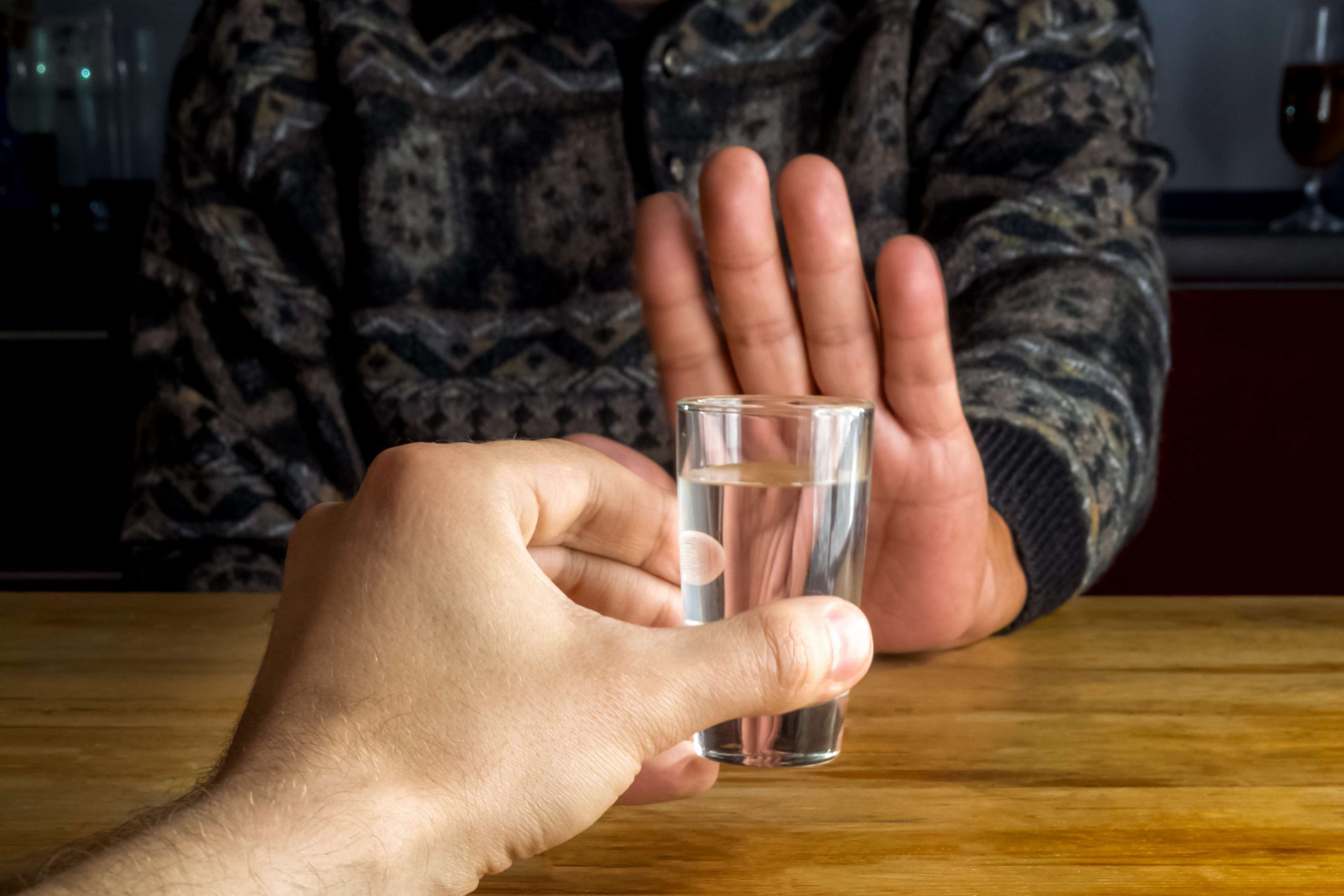Stress doesn’t just change how you eat—and what you eat—but it also can alter hormones that affect your appetite and hunger levels. Chronic stress is implicated in a host of health problems, including depression, digestive issues, cognitive cloudiness and pain. “Chronic stress can wreak havoc on health, contributing to weight gain and elevated blood sugar.
- Women have been reported to be more frequently impacted by bowel movement-related disorders, especially chronic constipation [8].
- Table 2 shows the anthropometric, socioeconomic, and blood marker characteristics of participants based on gender and constipation score categories (quartiles).
- For example, people who have been diagnosed with ulcerative colitis or some other inflammatory bowel disease can experience a flareup during withdrawal that leads to everything from blood in the stool to cramping.
When to talk to your child’s doctor about their constipation

Alcohol consumption irritates the lining of the stomach and intestines. A night of drinking can cause uncomfortable symptoms like diarrhea, nausea, and vomiting. Chronic and excessive alcohol use disrupts the balance of bacteria in the gut microbiome (dysbiosis). Over time, this imbalance triggers chronic gastrointestinal inflammation, leading to a higher risk of gastrointestinal diseases.
- Alcohol and its metabolites are known to affect the GI tract motility, absorption, and permeability.
- Keep in mind that a fiber supplement taken without the recommended amount of water can make constipation worse, so make sure you’re following your doctor’s instructions closely.
- Drinking alcohol relaxes the lower esophageal sphincter, which normally prevents acid in your stomach from backing up into your esophagus.
- Chronic and excessive alcohol use disrupts the balance of bacteria in the gut microbiome (dysbiosis).
- Potassium can help the muscles contract, including those in the bowel, which may aid with constipation.
- The normality of data and equality of variance was tested by Q–Q plots/Kolmogorov–Smirnov test and boxplots.
How to make apple juice

However, long-term drinking may cause a person to develop diarrhea or faster bowel emptying. This article explores the connection between alcohol and constipation, other effects it may have on the gastrointestinal (GI) tract, and tips to prevent constipation when drinking. Constipation is a very common and normal gastrointestinal (GI) issue that can happen to kids of all ages.
How to make prune juice
Here’s a little bit about why it probably happens and, more so, what you can do to try to relieve it or possibly even prevent it altogether. Apple juice contains relatively high quantities of fructose compared with other fruits. Drinking large amounts of apple juice can cause digestive discomfort in people who have sensitive bowels. To make lemon water, simply mix the juice of half a lemon into a glass of warm water. Try drinking this mixture at night and first thing in the morning. “Those wanting to counteract the potentially dehydrating and constipating effects of alcohol should try to offset each serving of alcohol with a glass of water or another nonalcoholic beverage,” Dr. Sonpal recommends.
- When the gut becomes leaky, also called “leaky gut,” it’s easier for toxins to get into the bloodstream, which can have a negative effect on other organs.
- Drinking too much alcohol can damage the stomach and gut over time.
- This increases the likelihood a person will experience diarrhea (and possibly vomiting).
- And keep in mind that the recommendation is one to two drinks a day in total for adults.
- Alcohol poisoning occurs when excessive amounts of alcohol in the bloodstream cause vital functions, such as breathing and the heart, to shut down.
- Alcohol may make the digestive system work more quickly than usual.
- Drinking enough water helps keep your child hydrated and, in turn, can help soften their poop to make it easier to pass.
Diarrhea is a common symptom among those who drink heavily and go through withdrawal. There are a couple reasons why this is the case, the primary of which is because you drink too much in a short period of time. When you consume a lot of alcohol, your intestines release more water, which leads to issues like diarrhea. It’s also possible that contractions will occur at a faster rate within your colon, which means that waste is pushed through more rapidly than usual. Even if you only drink a moderate amount of alcohol, you could develop constipation. When you drink alcohol, it’s more difficult for your body to release vasopressin, which is a type of hormone that makes it possible for your body to keep water from exiting when you urinate.
Are There Fluids I Should Avoid?
Anxiety can be treated with medications and psychological counseling or therapy. Anxiety that doesn’t go away, sometimes called generalized anxiety disorder (GAD), can take a toll on your digestive process. In diabetes, Sober House your body stops producing enough of the hormone insulin so your body can no longer break down sugar in your blood. This article outlines six normal reasons you might be constipated and what you can do to get relief.
Leads to dehydration
Once the primary treatment is finished, you can enter an aftercare program. The purpose of aftercare programs is to help people remain accountable https://thechigacoguide.com/top-5-advantages-of-staying-in-a-sober-living-house/ to themselves and others. Individual counseling and support groups are available once you complete the initial stages of treatment.
How to make lemon water
Drinking water and other fluids can help you avoid constipation. Since withdrawal starts within four to six hours after you stop drinking, these symptoms can appear to be part of the withdrawal process and may last for hours. If you experience constipation during the withdrawal process, focus on becoming hydrated. Alcohol-induced pancreatitis is most commonly found in people who have four to five drinks a day over more than five years. People who drink heavily and are also smokers have an even higher risk; they are four times more likely to develop acute pancreatitis.
